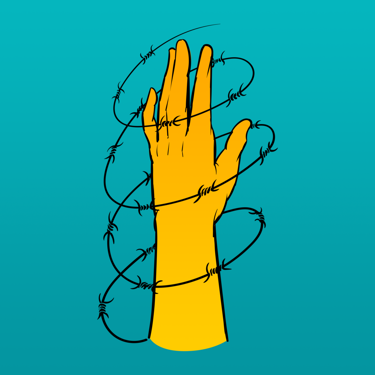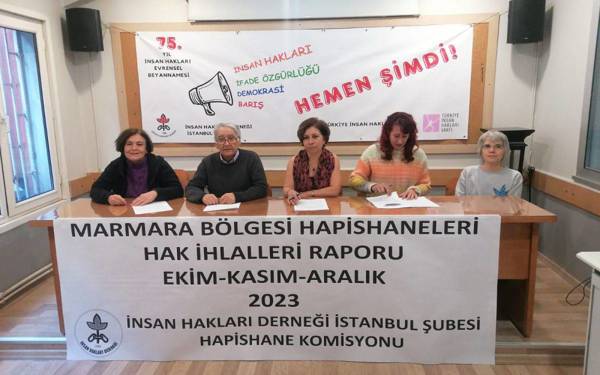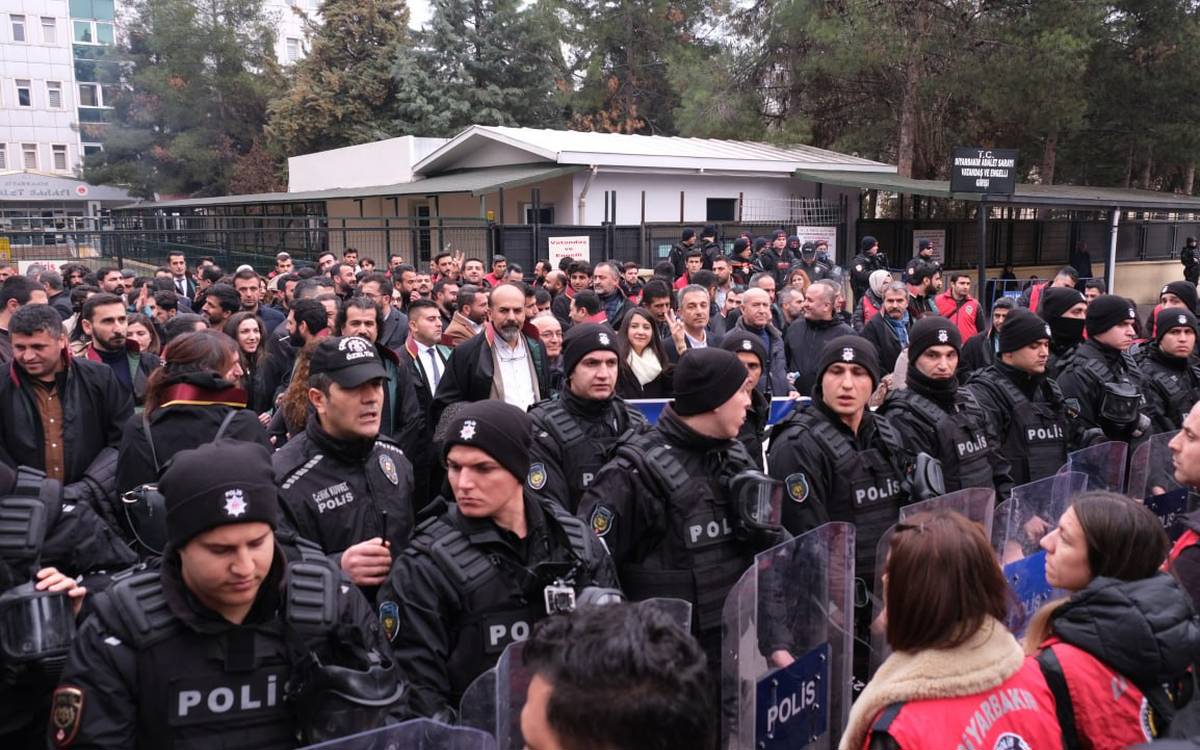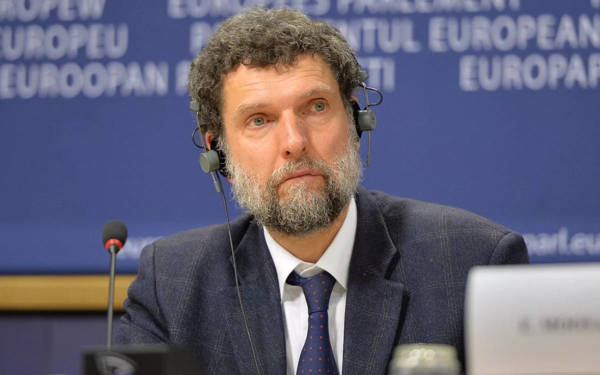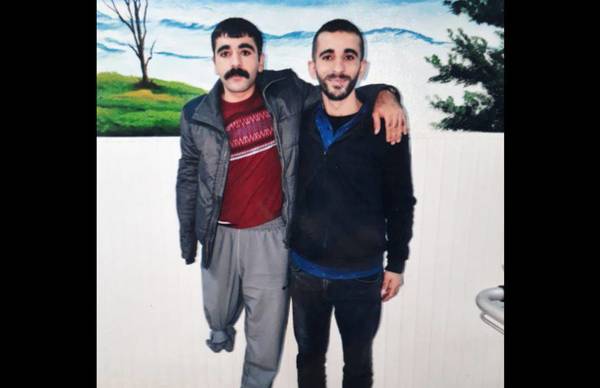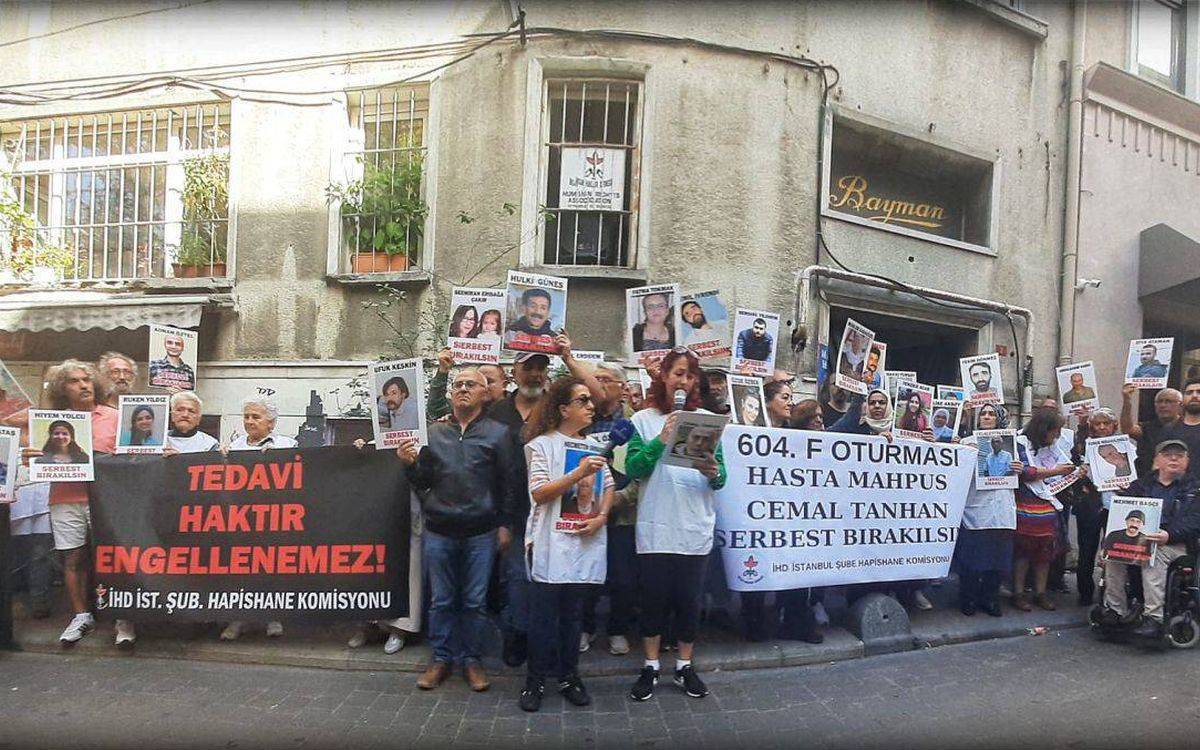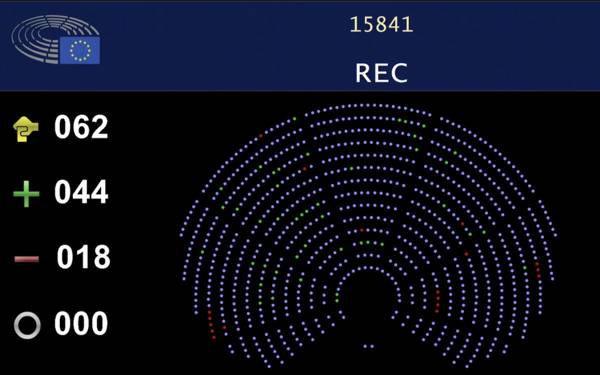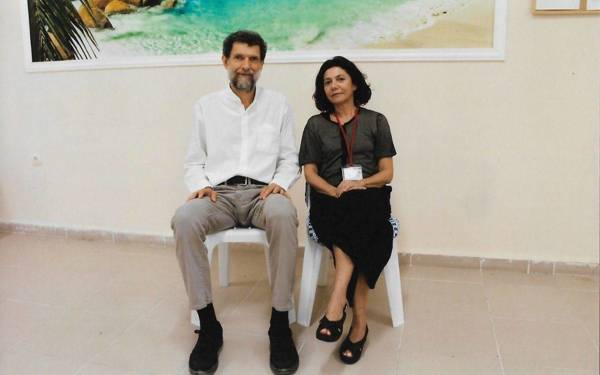PACE: 'Torture and ill-treatment becoming more widespread in Turkey'

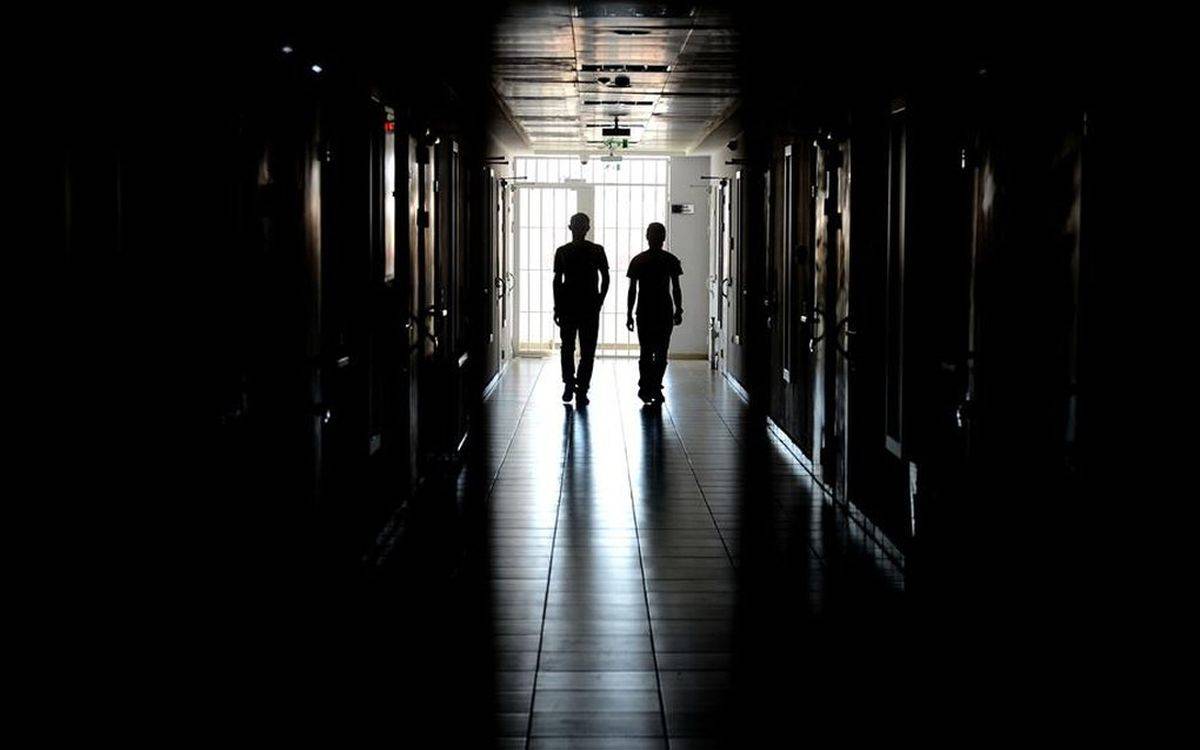
The Parliamentary Assembly of the Council of Europe (PACE) voted on and adopted a resolution noting the observation of systematic torture and ill-treatment in some European prisons and police centers, including Turkey, despite the official message of "zero tolerance for torture and ill-treatment" by the authorities.
According to DW Türkçe's news, the resolution was accepted with the votes of 66 out of 67 parliamentarians who participated in the voting during the ongoing general assembly meetings of PACE in Strasbourg. One member abstained. Only Berdan Öztürk of DEM Party from the delegation of Turkey to PACE participated in the vote, and he voted in favor of the resolution.
The resolution notes that torture and ill-treatment have not yet ended across Europe and, in some countries, there is an observed tendency towards institutionalization and/or generalization. Examples of such countries include Russia, Azerbaijan, and Turkey. It is mentioned that complaints of ill-treatment in custody have been received in many Council of Europe member countries.
"Torture and ill-treatment becoming more widespread in Turkey"
In the section related to Turkey in the resolution text, it is expressed that despite the official authorities' "zero tolerance for torture and ill-treatment" policy, there has been an "torture and ill-treatment by law enforcement officers continue to increase" in recent years, and this is seen as pushing Turkey's past progress in this area into the background. The resolution acknowledges that recent decisions by the Constitutional Court regarding the prohibition of ill-treatment are "pleasing" and calls on other national judicial bodies to apply this jurisprudence.
The detailed report forming the basis of the resolution was prepared by Cypriot Social Democrat parliamentarian Constantinos Efstathiou. The report recalls the decisions of the European Court of Human Rights (ECtHR) on cases brought before it regarding torture and ill-treatment by security forces in Turkey, especially during the period between 1993 and 2011, including in the course of arrests, during police custody and interrogation and while dispersing peaceful demonstrations. It also notes that the process of implementing these decisions is on the agenda of the Council of Europe Committee of Ministers.
The report makes reference to the decisions of the European Court of Human Rights (ECtHR) concerning Abdullah Öcalan, Osman Kavala, and Selahattin Demirtaş. It requests the Council of Europe to "closely monitor their cases including any possible risks of ill-treatment they might face."
CPT observations
The report also refers to the observations and findings of the Council of Europe's Committee for the Prevention of Torture and Inhuman or Degrading Treatment or Punishment (CPT). It is noted that in the CPT's report published in 2020, which pertains to visits to certain prisons and police stations in Turkey conducted in 2019, findings were included indicating that security forces engaged in "excessive force and/or physical ill-treatment" against some individuals in detention.
Highlighting an increase in allegations of torture and ill-treatment originating from Turkey since 2017 PACE notes that reports on periodic visits to certain prisons and police stations in Turkey by the CPT in 2016, 2018, and 2021, following the attempted coup on July 15, 2016, have not yet been published. According to CPT rules, the approval of the relevant government is required for the publication of these reports on the visits.
In the PACE report, it is noted that the CPT received complaints of ill-treatment, particularly during police interrogations, during inspection visits to prisons and police stations in Albania, Armenia, Bulgaria, Croatia, Cyprus, Greece, Montenegro, North Macedonia, Hungary, Moldova, Portugal, Romania, Serbia, Slovakia, Ukraine, Bosnia and Herzegovina, and Spain.
"Effective measures should be taken against torture and ill-treatment"
The adopted resolution calls on member countries of the Council of Europe to take effective measures against torture and ill-treatment. These measures include explicitly defining torture and ill-treatment as specific crimes with a proportionate and deterrent punishment framework, ensuring accountability of those responsible for such crimes, eliminating statutes of limitations for these offenses, conducting effective investigations, recording interrogations, not accepting confessions obtained through torture or ill-treatment as evidence in court, encouraging and protecting whistleblowers reporting torture and ill-treatment within the police and prisons, and publishing CPT reports without the need for state approval.
The 3rd article of the European Convention on Human Rights prohibits torture, inhuman, or degrading treatment. The European Court of Human Rights (ECtHR) ruled that there was a violation of Article 3 in 345 out of the 1014 judgments it delivered concerning 46 member countries in 2023. Russia, Ukraine, and Romania were the countries where Article 3 of the ECHR was most frequently violated. (RT/PE)




